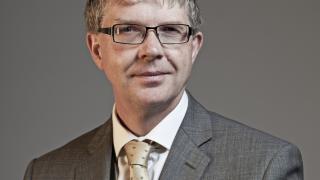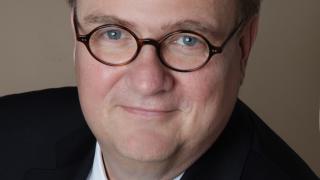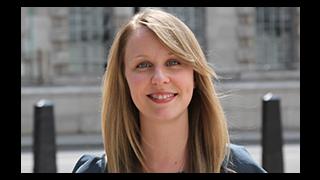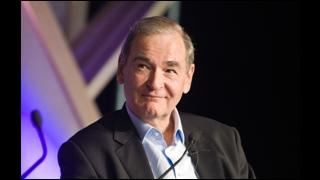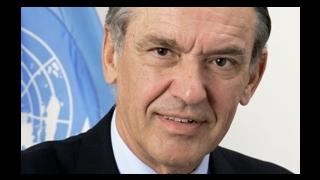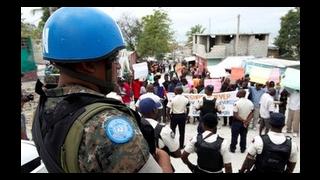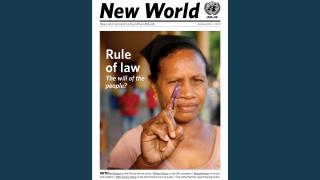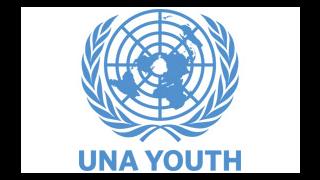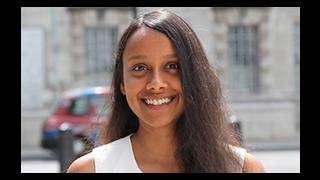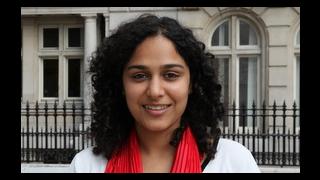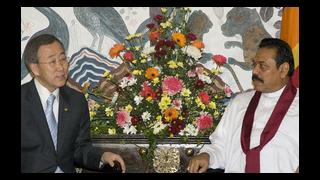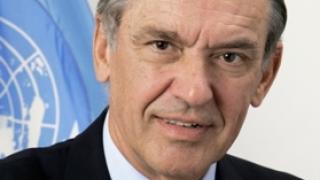
I am a diplomat, not a lawyer. However, throughout my career in my country’s foreign service and especially in the United Nations, I have seen at first hand the importance of the rule of law; be it in conflict resolution or treaty making, humanitarian assistance or economic development. The yearnings of people for peace and opportunity all intersect, one way or another, with the rule of law.
On 24 September 2012, the General Assembly of the United Nations held its first ever High-level Meeting on the rule of law. Attended by more than 65 presidents and government ministers, the meeting unanimously adopted a historic declaration that addresses issues like judicial systems, informal justice mechanisms, transitional justice, transnational organised crime and terrorism, corruption and international trade.
For the first time, the full membership of the United Nations agreed that “all persons, institutions and entities, public and private, including the state itself, are accountable to just, fair and equitable laws and are entitled without any discrimination, to equal protection of the law”. The rule of law can thus be seen as a principle of governance and essential to the proper administration of national affairs.
The declaration reaffirms that the rule of law is indispensable for maintaining peace and security, achieving sustainable development and protecting human rights – the three pillars on which the United Nations is built. For this reason, the declaration states that “respect for and promotion of the rule of law and justice” should guide all of the activities of the United Nations.
All member states have an obligation to abide by the UN Charter and the wider body of international law. The United Nations itself has been the main forum where many of these laws have been developed, including through the International Law Commission, which promotes the progressive development of international law. Striving to ensure the application of these principles is at the heart of our work to promote the rule of law at the international level.
Where disputes arise between states, article 33 of the Charter offers tools for peacefully resolving them. The International Court of Justice, a principal organ of the United Nations, is one such possibility. The United Nations also promotes non-judicial means such as negotiation, mediation and enquiry, and regularly offers its good offices.
 The United Nations also promotes the rule of law within member states, through the development of norms and practices that are intended to ensure the integrity of governance. Through institutions, political leaders are to be subject to processes that curb the arbitrary exercise of political power – especially important in post-conflict situations. The Security Council is placing increasing emphasis on the rule of law; there are now 19 United Nations field missions mandated to undertake rule of law activities. These activities include constitution- making and legislative reform, strengthening of police and justice systems, as well as support to transitional justice processes.
The United Nations also promotes the rule of law within member states, through the development of norms and practices that are intended to ensure the integrity of governance. Through institutions, political leaders are to be subject to processes that curb the arbitrary exercise of political power – especially important in post-conflict situations. The Security Council is placing increasing emphasis on the rule of law; there are now 19 United Nations field missions mandated to undertake rule of law activities. These activities include constitution- making and legislative reform, strengthening of police and justice systems, as well as support to transitional justice processes.
By promoting the rule of law, equally applicable to all, political and economic opportunities are made available to all members of society. It empowers people by providing right of access to public services, making state entities accountable for their delivery. For this reason, the declaration specifically highlights the interrelationship between the rule of law and development, calling for consideration of the rule of law in the post-2015 development agenda. The rule of law features prominently in the recent report of the Secretary-General’s High-Level Panel of Eminent Persons on the Post-2015 Development Agenda, and I will use every opportunity to urge states to consider this issue in their coming discussions.
The rule of law also strengthens mechanisms that enforce and protect human rights. As the preamble to the Universal Declaration of Human Rights states: “It is essential, if man is not to be compelled to have recourse, as a last resort, to rebellion against tyranny and oppression, that human rights should be protected by the rule of law.” A strong rule of law framework provides the means and channels through which people can challenge injustice. Human rights commissions, ombudspersons and, most of all, properly functioning courts enable all persons to seek redress for violations of their rights.
By highlighting the strong interlinkages between the rule of law and peace and security, development and human rights, the declaration builds on the fundamental formula of the UN World Summit in September 2005. There is no peace without development; there is no development without peace; and there is no lasting peace and sustainable development without respect for human rights and the rule of law.
The United Nations family is determined to mainstream the rule of law across its work. The landmark declaration is a far-reaching reaffirmation of an international commitment in this direction. Our shared challenge – for the United Nations and its member states, but also for civil society and a wide range of partners – is to translate the declaration’s aspirations into concrete action. Every organisation and actor has a role. Nobody can do everything – but everybody can do something.
Jan Eliasson is Deputy Secretary-General of the United Nations.
Photo: © UN Photo/Martine Perret
A UN helicopter drops off election day materials for polling centres in remote areas of Timor-Leste.

